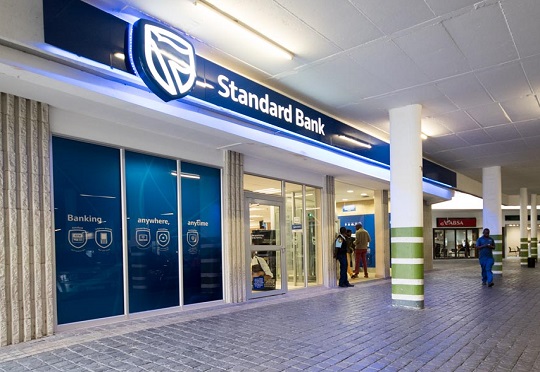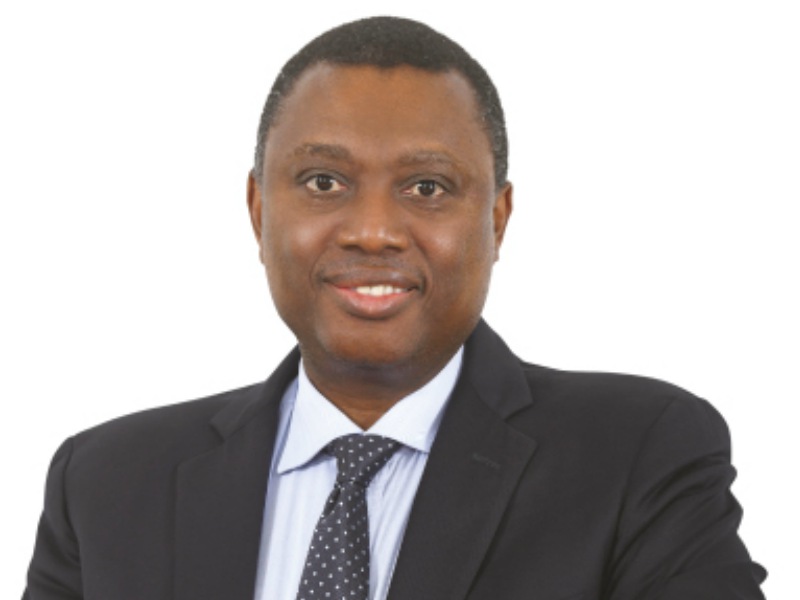Standard Bank Group Commended for Women Empowerment
Africa‘s biggest bank, Standard Bank has been commended for its preeminent role in women’s empowerment across the continent and also extending its corporate social responsibility towards the fighting Covid-19 in Africa. The commendation came after it was named African Bank of the Year in recognition of the banking giant’s achievements in fighting the Covid-19 pandemic and empowering women.
African Banker magazine announced the winners of its 2021 Awards at a virtual ceremony held on the side-lines of the African Development Bank’s 2021 Annual Meetings. The African Development Bank is a high patron of the event.

The 2021 virtual event featured performances by African diva Angelique Kidjo and Adina, a Ghanaian-South African singer. The award for African Banker of the Year went, for the second consecutive year, to Hebert Wigwe, Managing Director and co-founder of Access Bank Group, which has grown rapidly to become one of the largest retail banks in Africa over the last decade, with over 40 million customers.
Read also:Three Important Reasons for African SMEs to Revise their Business Models Post-COVID
The 2021 edition of the awards set out to recognize institutions that have contributed to women’s empowerment on the continent and to the real economy, which has suffered from the impact of Covid-19.
Morocco’s Minister of Economy and Finance, Mohammed Benchaâboun, was named Finance Minister of the Year in recognition of his ministry’s exemplary response to the economic crisis brought on by the Covid-19 pandemic. Omar Ben Yedder, Group Publisher of African Banker, commended the banking sector for its responsiveness to clients’ needs, and for setting up gender programs, supporting women-led businesses and promoting women within their organizations.
Read also:Nigeria’s Terragon Verified as Leader in Data and Marketing Technology
“Fintechs are really the flavor of the year and we’ve seen plenty of money from venture capital, from private equity wealth, going into the fintech space in Egypt, Kenya and in Nigeria, and to some extent crypto and blockchain, although those are at very early stages,” Ben Yedder said. The continued strength and resilience of the banking sector would be critical to support economic recovery from the pandemic across Africa, he said.
Kelechi Deca

Kelechi Deca has over two decades of media experience, he has traveled to over 77 countries reporting on multilateral development institutions, international business, trade, travels, culture, and diplomacy. He is also a petrol head with in-depth knowledge of automobiles and the auto industry





